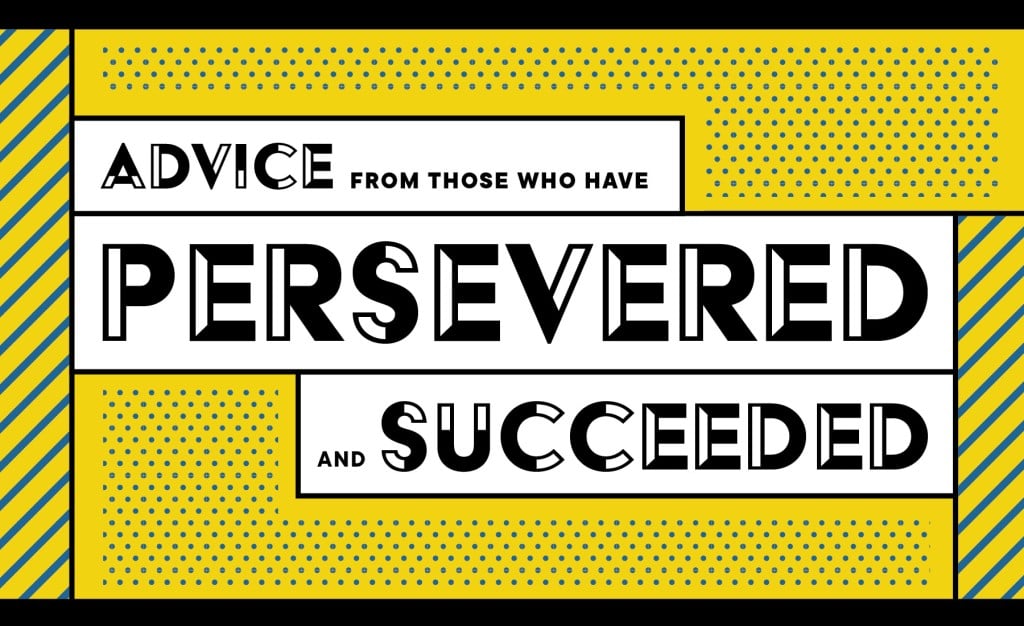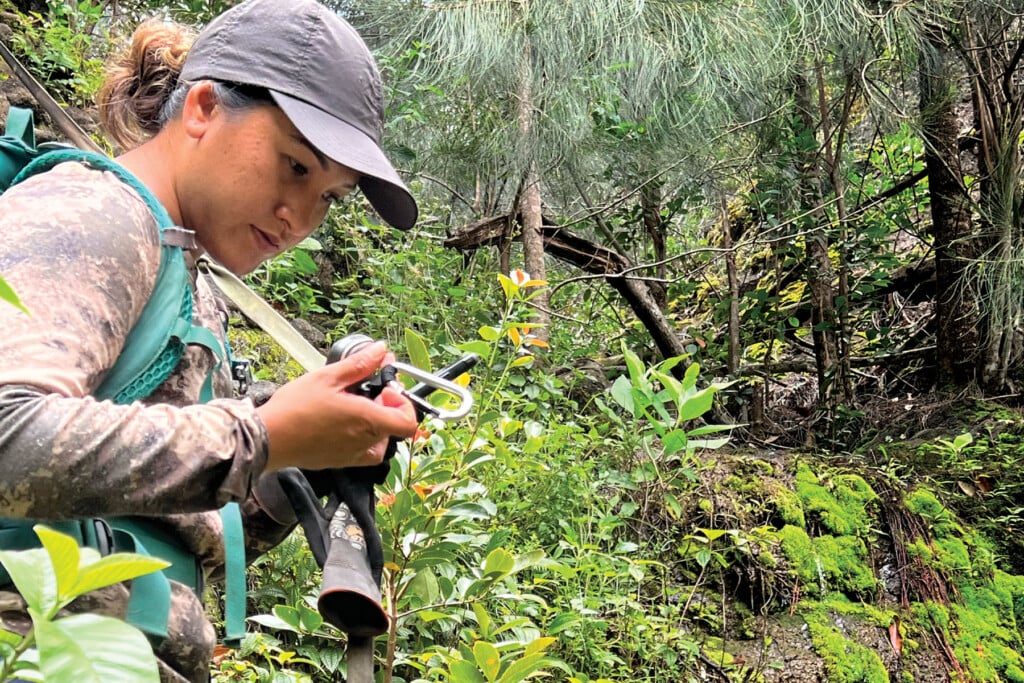How to Succeed in Real Estate Development When You’re Not a Man
5 women developers share advice about making it in a male-dominated field.

We asked the five women about how to succeed in the real estate development field, but much of their advice applies to any career field.
The five women profiled in this feature each took different paths to becoming real estate developers – but their advice for others coming up in the field is similar. One common theme: Never stop learning.
Christine Camp says there is no perfect degree that leads to becoming a developer, so she hires for “true skill” which she says is “grit and being a great communicator.”
Karen Seddon adds that a developer needs to have critical thinking and management skills, the “desire to learn and do something different” and the willingness to “get outside your comfort zone.”
Seddon says a real estate program will best prepare someone for development, but also valuable would be any degree that provides skills in designing, construction or finance. In the end though, most of the skills in real estate development come from on-the-job training.
Michelle Swartman says, “Get involved in every aspect of real estate and become familiar with all the different specialties in the industry,” exploring and learning from each.
Laura Kodama says a willingness to learn is vital. “If they’re excited about learning,” that is the person a company will hire, she says.
Developers learn new skills and run into challenges each day, Sed-don says, so you need to welcome that and be willing to persevere. “If you’re not that person you don’t belong in development.”
She adds that you also need to “let go of your ego because everybody has an opinion on your development.”
Kodama says listening skills are critical. She often encounters young people who are so focused on impressing experienced individuals that they miss the chance to listen and learn from them.
“The ones that get the most out of it are the ones that realize there’s something to be heard.”
Recommended: 20 for the Next 20: Cayenne Pe‘a, Alaka‘i Development, Talk Story: Christine Camp, President and CEO, Avalon Group, Camp Counselor, These 5 Women Are Changing the Face of Real Estate Development
Women At Work
Each of these five women has encountered the biases – intentional and unintentional – that women still commonly face in the working world.
Early in her career, Camp would go to construction sites to check on the progress of a project. “All the guys would be catcalling you, and the construction managers would think that you are the sales agent or interior designer or maybe, oh wow, might even be an architect. And I would say ‘no, I’m the developer.’ ”
She says this still happens, but far less than in the ’80s and ’90s. She says she pushes through these challenges with a mindset of, “I can focus on the negatives or focus on the positives. I chose the latter.”
Cayenne Pe‘a says discrimination against women still happens in the workplace. “You can drive yourself crazy over it, or you can make the choice not to.” She chooses the latter by creating solutions.
“My advice for women who are having to deal with this is just to not stand for it.” For instance, if Pe‘a is not addressed as an equal at an in-person meeting, she will speak up while it is happening to make people aware of their actions. Or for any future meetings, she will schedule only conference calls or be the only representative of Alaka‘i Development to meet with the person who slighted her.
She says discrimination against women in the workplace needs to be talked about openly and often.
Camp says she found ways to remove herself from situations that don’t align with how she sees herself. She remembers at her first board meetings, she got coffee and everyone proceeded to ask her to get them coffee as well.
So she never drank coffee at board meetings. Instead of becoming “the girl who brings coffee for everyone,” she became the developer who worked through the night, always ready to help with the real work at hand.
Seddon, who has been in the development field longest of the five women, has experienced many incidents of discrimination, being undermined or being spoken over, but says she does not dwell on them. “Just keep going,” she says.
As for men, she says, “I don’t think most of them go out of their way to make it bad,” but they should make sure they are not being condescending. “You don’t need to solve our problems for us.”
One way to avoid being talked down to is to learn how to seek help, she says. Instead of asking for a specific solution to a problem, ask: “What’s your experience with this?”
She says men should be aware of talking over women. “If they would be patient and wait for the woman to finish speaking sometimes, that would be very respectable. … It should just be common courtesy.”
So, what can companies and employers do to help women succeed? Kodama points to her personal experience: “I was fortunate to have worked under the purview of very supportive managers and executives, who encouraged (and) facilitated growth and truly wanted me to succeed.”
She says being given that trust and responsibility was important for her, and it is important to give that trust to young people now, so they have “the opportunity to grow.”
Shared Values
Like many women, Swartman faced the challenge of balancing motherhood and career. So she sought out companies that shared her values. She says companies that promote and facilitate balanced lives among their employees get more effective employees.
Camp says real estate development is among the most hated professions among the general public because of the idea that developers are greedy – that they build luxury housing, kick people out of their homes and don’t build enough affordable housing.
“We need to teach kids that it’s an honorable profession” because even they are taught to distrust developers, she says.
“I would love to have them understand how development is intrinsically linked to the community’s health.”
Swartman says for change to occur there needs to be a shift in mentality that “women deserve a seat at the table to make these kinds of decisions.”
“There has been progress, but I think now is the time to encourage more women to enter the field of real estate development and to succeed … be a part of the decision-making process of how ‘āina is used and managed in Hawai‘i.”
Recommended: 20 for the Next 20: Cayenne Pe‘a, Alaka‘i Development, Talk Story: Christine Camp, President and CEO, Avalon Group, Camp Counselor, These 5 Women Are Changing the Face of Real Estate Development






